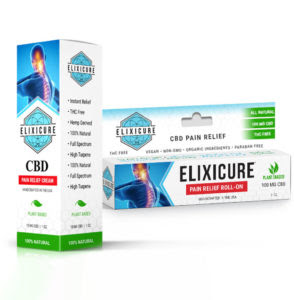Methods of Consumption and CBD Oil Uses

Cannabidiol (CBD) is one of the major cannabinoids, or chemical compoundsderived from the cannabis plant. Unlike THC, CBD has no psychoactive properties (meaning it will not get you “high”) and possesses a wide range of health benefits. Research shows that CBD is effective in reducing inflammation and physical pain, mitigating the likelihood of seizures, combating anxiety, acting as a sleeping aide, and even preventing cancer. However, navigating how to consume CBD can be somewhat daunting, especially considering that there is an ever-increasing amount of ways to purchase and consume CBD. Furthermore, certain consumption methods are better suited for different health conditions and desired CBD outcomes. Some of the most common consumption methods include oils, tinctures, edibles, topical creams/ointments, and vaporizers.Of these methods, CBD oil is incredibly popular. There are a number of extraction methods that can be used to isolate CBD oil from the cannabis plant, and it...
















